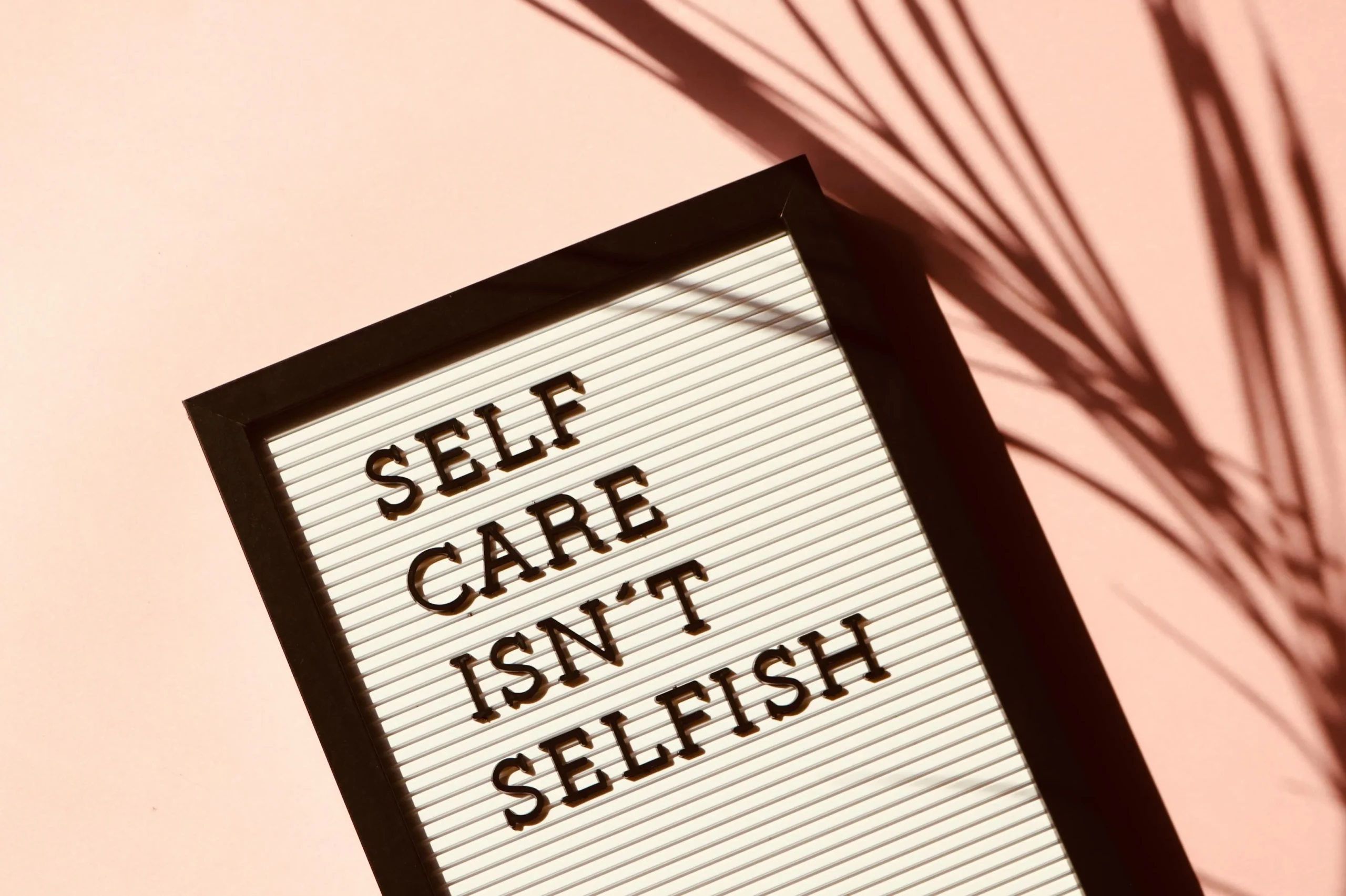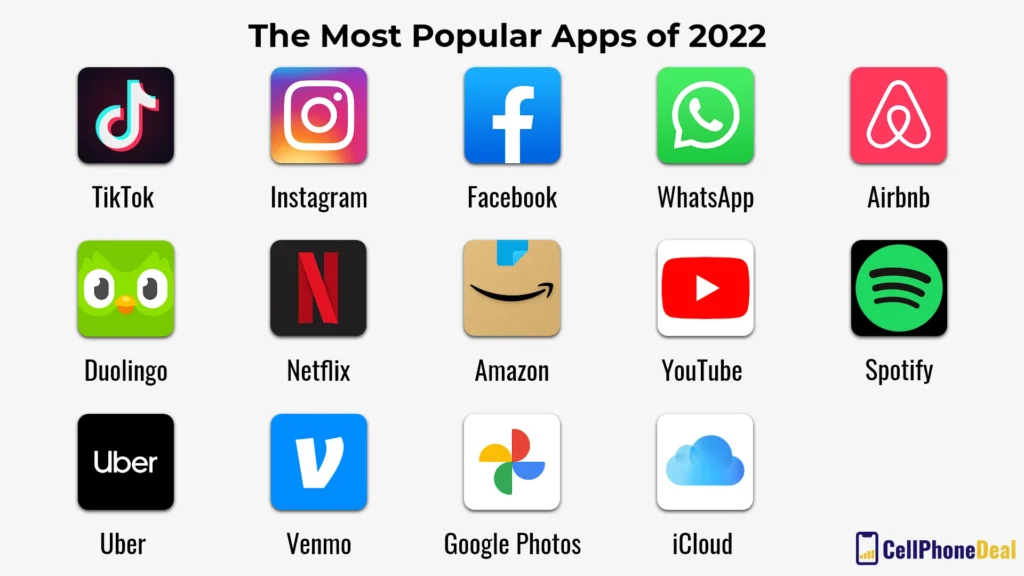In recent years, there has been a significant rise in the use of mental health apps as a means of taking care of one’s mind. These apps offer a variety of tools and resources to help individuals manage their mental well-being, including meditation exercises, mood tracking, and access to professional counseling services. The convenience and accessibility of these apps have made them increasingly popular among people seeking to prioritize their mental health in their daily lives.
As the demand for mental health support continues to grow, the emergence of these apps has provided an alternative way for individuals to access the help they need. With features such as personalized self-care plans, peer support communities, and virtual therapy sessions, these apps offer a range of options to cater to different needs and preferences. Additionally, the privacy and confidentiality offered by these platforms have also contributed to their appeal, allowing users to seek support without the fear of judgment or stigma.
The Evolution of Mental Health Apps
In recent years, there has been a significant rise in the use of mental health apps as a tool for managing and improving mental well-being. These apps provide users with a wide range of resources, including meditation and mindfulness exercises, mood tracking, therapy sessions, and educational materials on mental health. The evolution of mental health apps has made it easier for individuals to access support and resources for their mental health needs, regardless of their location or schedule.
Furthermore, the development of mental health apps has been driven by the growing awareness and destigmatization of mental health issues. As more people openly discuss their struggles with mental health, the demand for accessible and convenient support has increased. Mental health apps have filled this gap by offering a variety of tools and resources that cater to different needs and preferences, making it easier for individuals to prioritize their mental well-being.
The Benefits of Using Mental Health Apps
There are several benefits to using mental health apps, including the convenience of accessing support anytime, anywhere. With these apps, users can engage in self-care practices, track their mood and progress, and access therapeutic resources on their own terms. Additionally, mental health apps often offer a sense of anonymity and privacy, which can be especially appealing to those who may feel hesitant about seeking traditional mental health services.
Moreover, mental health apps can empower individuals to take an active role in managing their mental well-being. By providing tools for meditation, stress reduction, and mood tracking, these apps help users develop healthy habits and coping strategies. They also serve as a valuable complement to traditional therapy, offering continuous support between in-person or virtual sessions with mental health professionals.
Types of Mental Health Apps Available
There is a wide variety of mental health apps available to cater to different needs and preferences. Some apps focus on meditation and mindfulness, offering guided exercises and relaxation techniques to manage stress and anxiety. Others provide mood tracking and journaling features, allowing users to monitor their emotional well-being and identify patterns over time. Additionally, there are apps that offer virtual therapy sessions with licensed professionals, providing a convenient and accessible alternative to traditional therapy.
Furthermore, some mental health apps are designed specifically for certain demographics, such as children, adolescents, or older adults. These apps may incorporate age-appropriate content and activities to address the unique mental health challenges faced by different age groups. Additionally, there are apps tailored to specific conditions, such as depression, anxiety, PTSD, or eating disorders, offering targeted resources and support for individuals managing these issues.
Considerations When Choosing a Mental Health App
When considering a mental health app, it’s important to assess the app’s credibility and effectiveness. Look for apps developed in collaboration with mental health professionals or organizations, as they are more likely to provide evidence-based resources and practices. Additionally, consider the app’s privacy and security measures to ensure that your personal information and data are protected.
Furthermore, it’s helpful to choose a mental health app that aligns with your specific needs and preferences. Whether you prefer guided meditation, cognitive behavioral therapy exercises, or mood tracking features, finding an app that resonates with you can enhance your engagement and commitment to using it regularly. Lastly, consider the app’s user experience and interface, as a user-friendly design can make it easier to navigate and incorporate into your daily routine.
The Future of Mental Health Apps
As technology continues to advance, the future of mental health apps holds great potential for further innovation and impact. With ongoing research and development, mental health apps may incorporate artificial intelligence and machine learning to personalize and adapt their resources to individual users’ needs. This could lead to more effective and tailored support for managing mental health challenges.
Additionally, the integration of virtual reality and immersive experiences into mental health apps may offer new avenues for therapeutic interventions, such as exposure therapy for phobias or immersive relaxation environments for stress reduction. Furthermore, the continued collaboration between app developers, mental health professionals, and researchers may lead to the creation of comprehensive platforms that offer holistic support for mental well-being.
Addressing Concerns and Limitations
While mental health apps offer valuable resources and support, it’s important to acknowledge their limitations and potential concerns. Some individuals may find that using an app is not a sufficient replacement for in-person therapy or clinical treatment, especially for more severe or complex mental health conditions. It’s crucial for users to recognize when they may need additional professional support beyond what an app can provide.
Moreover, the quality and accuracy of mental health apps can vary widely, and not all apps may adhere to evidence-based practices or ethical guidelines. Users should exercise caution and research the credibility of an app before incorporating it into their mental health routine. Additionally, the reliance on technology for mental health support raises considerations about digital dependency and the potential impact on interpersonal connections and social support systems.
Integration with Traditional Mental Health Services
Mental health apps have the potential to complement and enhance traditional mental health services, offering continuous support and resources between therapy sessions or other clinical interventions. Many mental health professionals may recommend or integrate the use of certain apps as part of their patients’ treatment plans, recognizing the benefits of incorporating digital tools into mental health care.
Furthermore, some mental health apps offer features for sharing progress and data with therapists or care providers, allowing for a more collaborative and informed approach to treatment. This integration can foster a more comprehensive understanding of an individual’s mental well-being and enhance the coordination of care between the app user and their mental health professionals.
Accessibility and Equity in Mental Health Support
Mental health apps have the potential to address barriers to accessing mental health support, particularly for individuals in underserved or remote communities. By providing a convenient and affordable means of support, these apps can help bridge the gap in mental health care accessibility, reaching individuals who may face challenges in seeking traditional services due to geographical, financial, or social factors.
However, it’s important to consider the digital divide and ensure that the availability of mental health apps does not exacerbate disparities in access to care. Efforts to promote digital literacy and provide equitable access to technology are essential in ensuring that mental health apps can truly serve as a tool for improving mental well-being for all individuals, regardless of their background or circumstances.
Privacy and Data Security Considerations
Given the sensitive nature of mental health information, privacy and data security are crucial considerations when using mental health apps. Users should carefully review an app’s privacy policy to understand how their data will be collected, stored, and used. Look for apps that prioritize encryption, data anonymization, and adherence to regulatory standards for protecting sensitive health information.
Additionally, it’s important for users to be mindful of sharing personal or sensitive information within the app, especially in public or unsecured environments. Practicing digital hygiene and being selective about the data shared with a mental health app can help mitigate potential privacy risks and safeguard one’s personal information and mental health journey.
Evaluating the Efficacy of Mental Health Apps
Assessing the effectiveness of mental health apps is an important consideration for both users and mental health professionals. Look for apps that have been subject to research studies or clinical trials, demonstrating positive outcomes in supporting mental well-being. Evidence-based practices and validated assessment tools within the app can indicate its potential to positively impact users’ mental health.
Furthermore, users are encouraged to track their own experiences and progress with the app, paying attention to changes in their mood, stress levels, or coping strategies over time. Communicating openly with mental health professionals about the use of a mental health app can also provide valuable insights and guidance on its efficacy as part of an individual’s overall mental health care plan.
The Rise of Mental Health Apps: Taking Care of Your Mind
| Topic | Description |
|---|---|
| What are mental health apps? | Mental health apps are software applications designed to help individuals manage and improve their mental well-being. |
| Types of mental health apps | There are various types of mental health apps, including meditation apps, mood tracking apps, therapy apps, and self-help apps. |
| Benefits of using mental health apps | These apps provide convenient access to mental health resources, offer personalized support, and can help reduce stigma around seeking help. |
| Considerations when using mental health apps | Users should be mindful of privacy and security issues, as well as the limitations of app-based interventions compared to professional treatment. |
| Future of mental health apps | The popularity and accessibility of mental health apps are expected to continue growing, potentially playing a significant role in mental health care. |



